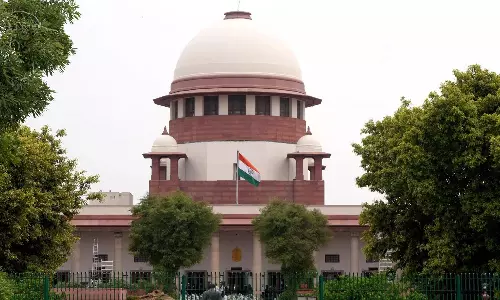Rhetoric not enough
Casteism is an ancient practice that is accentuated in modern days by the differential treatment in the name of affirmative action.;

Given the nearness of Independence Day, the Prime Minister’s latest Mann ki Baat was full of rhetoric on the last few years of the Quit India movement. While it is arguable whether a flourish of words can create an environment enough for the stamping out of several ills that still afflict our democracy of 70 years, it must be recognised that the connect with youth has been useful in establishing a direct line of communication between the chief executive of the land and his national audience. However, it is moot whether the nation will find the collective will to move in the desired direction to stamp out communalism, casteism, corruption, terrorism, poverty and dirt in the five years to the platinum jubilee of our celebrated day of freedom from British yoke.
The removal of dirt has been a priority under the well-meaning Swachh Bharat. Communalism was a terrible bugbear in Gandhi’s days too, particularly in the frenetic early 1940s when the fasting nation’s father figure struggled to stop the canker from corrupting the fabric of the nation. Casteism is an ancient practice that is accentuated in modern days by the differential treatment in the name of affirmative action. While terrorism is the biggest threat to modern civilisation, rooting out poverty in a land in which up to a quarter of the people exist rather than live and savour a life is the greatest challenge.
This brings us to corruption, which has been seen to be so deep-rooted now that a fair proportion of the nation’s wealth is suspected to be concentrated in the hands of the netas and babus and their kin. If the Panama Papers can unseat a Prime Minister of Pakistan, does the yardstick even apply to the Indians figuring in the offshoring of funds? It would be fair to conclude that the six tasks are akin to the Labours of Hercules.



